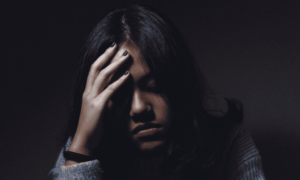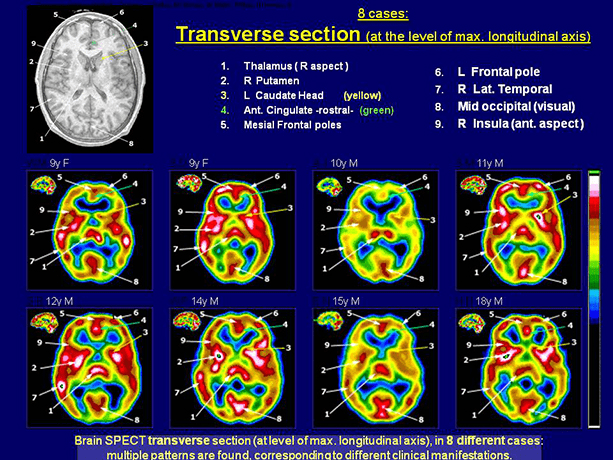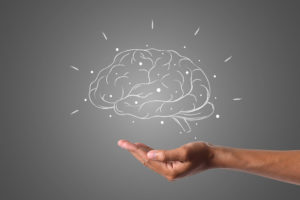

The Neuroscience Center is an institution built on 40 years of experience. We are dedicated to providing high-level expertise in brain health & well-being.
Our Clinic
Contact Us
- 847-236-9310
- 440 Lake Cook Rd, Suite 2 Deerfield, IL 60015
- Send us a Message
-







